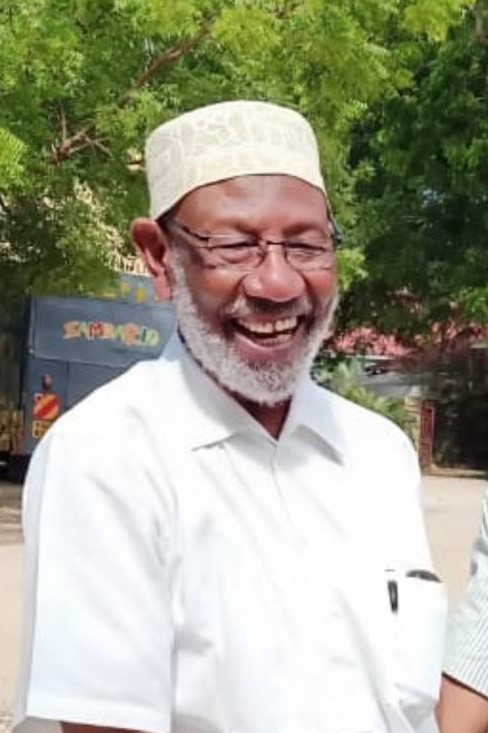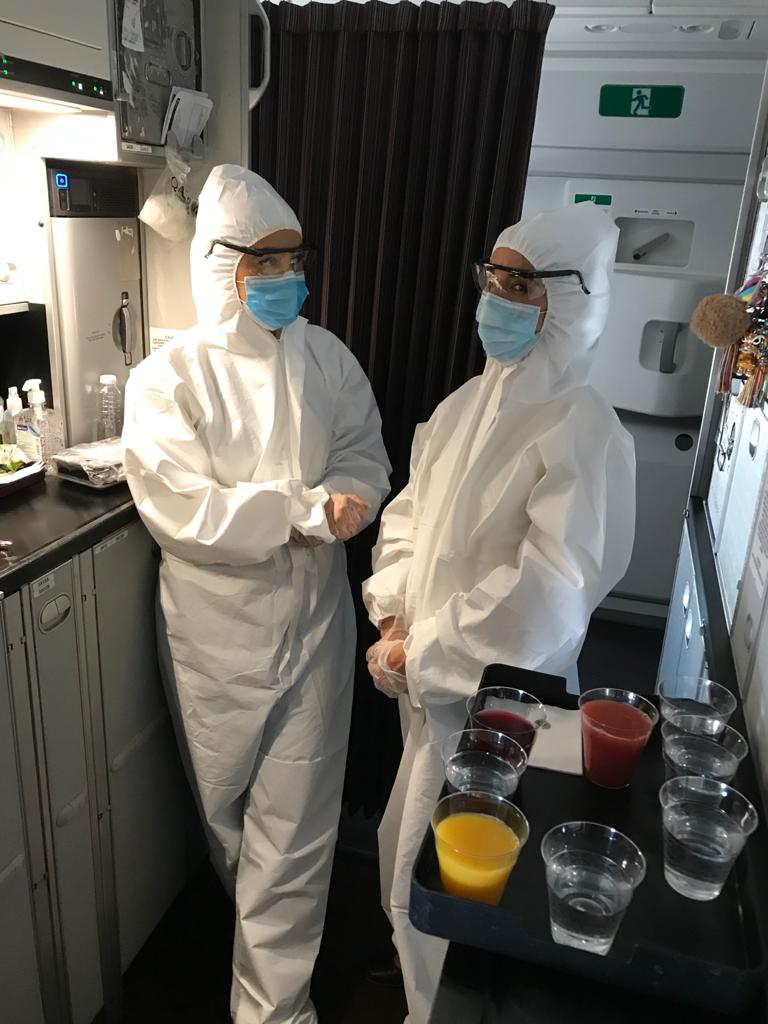A Kenyan corona travel odyssey: between quarantine, curfew, lockdown and shutdown
By Kai Kresse, 21 May 2020
By Kai Kresse, 21 May 2020

Last week, Abdilatif Abdalla, the well-known Kenyan poet and political activist, and long-term resident of Germany, returned from what was supposed to be a brief trip to East Africa, a whole two months later than planned. Abdalla had initially travelled to Nairobi in order to attend the public award ceremony of the Mabati-Cornell Prize for Swahili Literature on February 27 (which featured prominently in the media), as chairperson of the board of trustees. Then, after visiting family at the coast and in Tanzania, he unexpectedly found himself obliged to undergo 14 days of quarantine upon re-entering Kenya in Mombasa, on his way back to Nairobi, for his return flight to Germany. His day of travel happened to coincide with the beginnings of quarantine enforcements at Kenyan borders. He spent this period in a single room of a governmental hostel in Mombasa, like all the other passengers of his flight. By then, a strict nightly curfew, forbidding all residents to leave their homes and shelters between 7pm and 5am, had already been imposed by the Kenyan government throughout the country.
It was a measure which increased existent pressures and hardships for many ordinary people, especially laborers and commuters. Police violence accompanied the beginning of the curfew across Kenya on 27th March, most notably at the Likoni ferry station in Mombasa, where – already in the afternoon hours – police officers started lashing out with sticks and batons at men and women who had patiently been queuing up in their thousands, waiting for their turn to cross.
After his 14 days in quarantine, he was only released after he and a group of peers succeeded in resisting payment for their imposed accommodation – commonly, people are kept ‘in custody’ at their own expense until their bills are cleared, a business practice that has led to much additional suffering and debt, but which in this case the government did not enforce, fearing bad publicity. Abdalla found Mombasa county in a “lockdown” prohibiting all travel as the month of Ramadhan began, and he only managed to eventually travel to Nairobi because of special contacts.

Staying with family members in Mombasa and later in Nairobi, for most of Ramadhan, Abdalla observed the effects of the corona situation and the imposition of government regulations and restrictions upon the everyday lives of people. A particular reference point was the Old Town of Mombasa (where Abdalla’s family is from), which was closed off from other parts of the city in a so-called “shutdown” (secession of movement) and has continued to be under such constrictions until at least 6th June. In the final week of Ramadhan, Abdalla returned to Germany on a one-way ticket by Qatar Airways.
The featured audio-interviews here, held by Kai Kresse, provide an account of Abdalla’s experience as well as some comments and reflections of his on the corona emergency situation in Kenya. A longer English language interview provides the full account, while a shorter Swahili interview zooms in on a few points of interest, particularly with a view to political tensions.
-----
Prof. Dr. Kai Kresse is ZMO vice director for research and professor for Social and Cultural Anthropology at FU Berlin. His research focus is on Swahili Muslim Publics and Postcolonial Experience, African Intellectual Cultures, and Anthropology in Transregional Studies.
-----